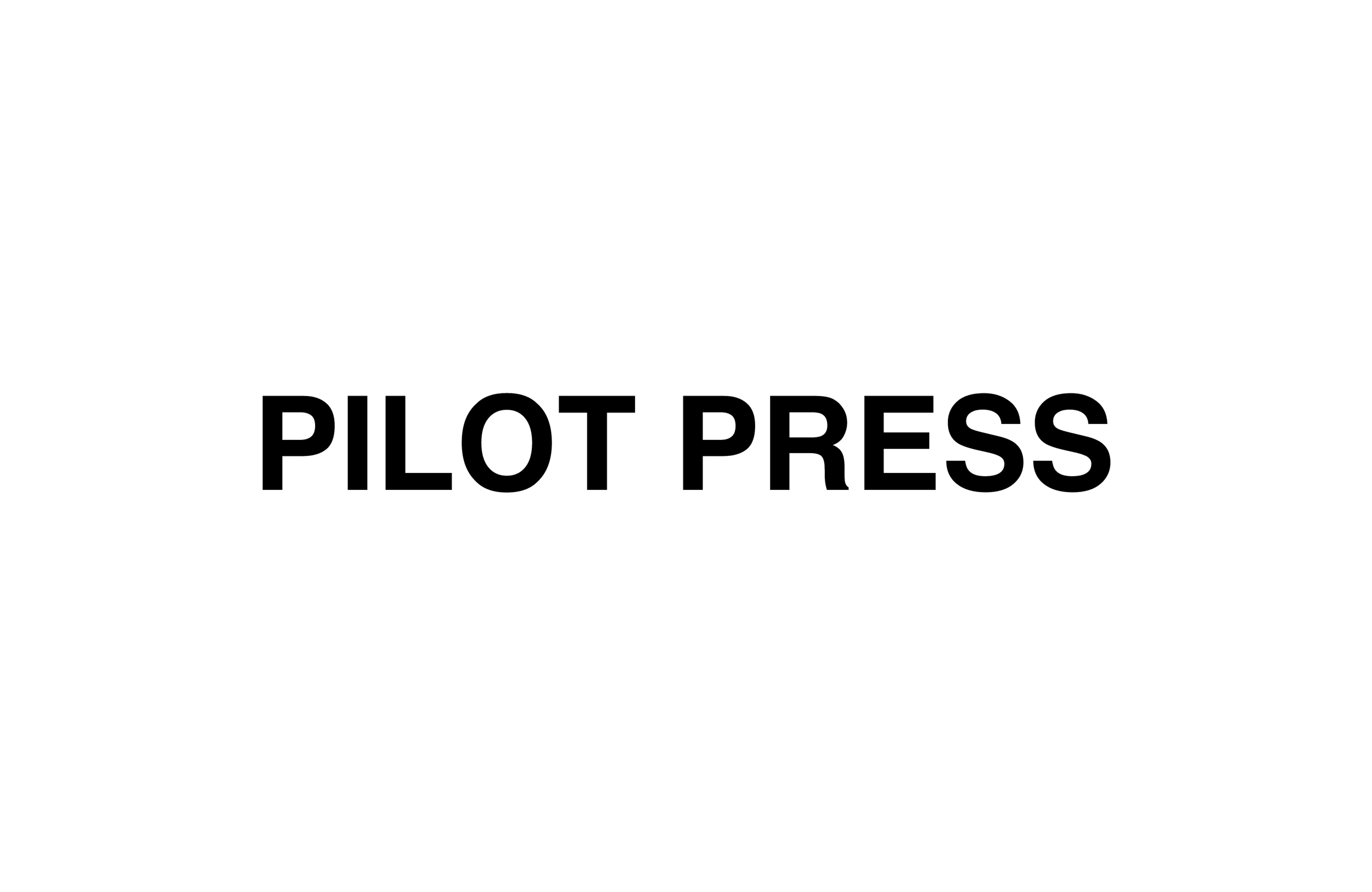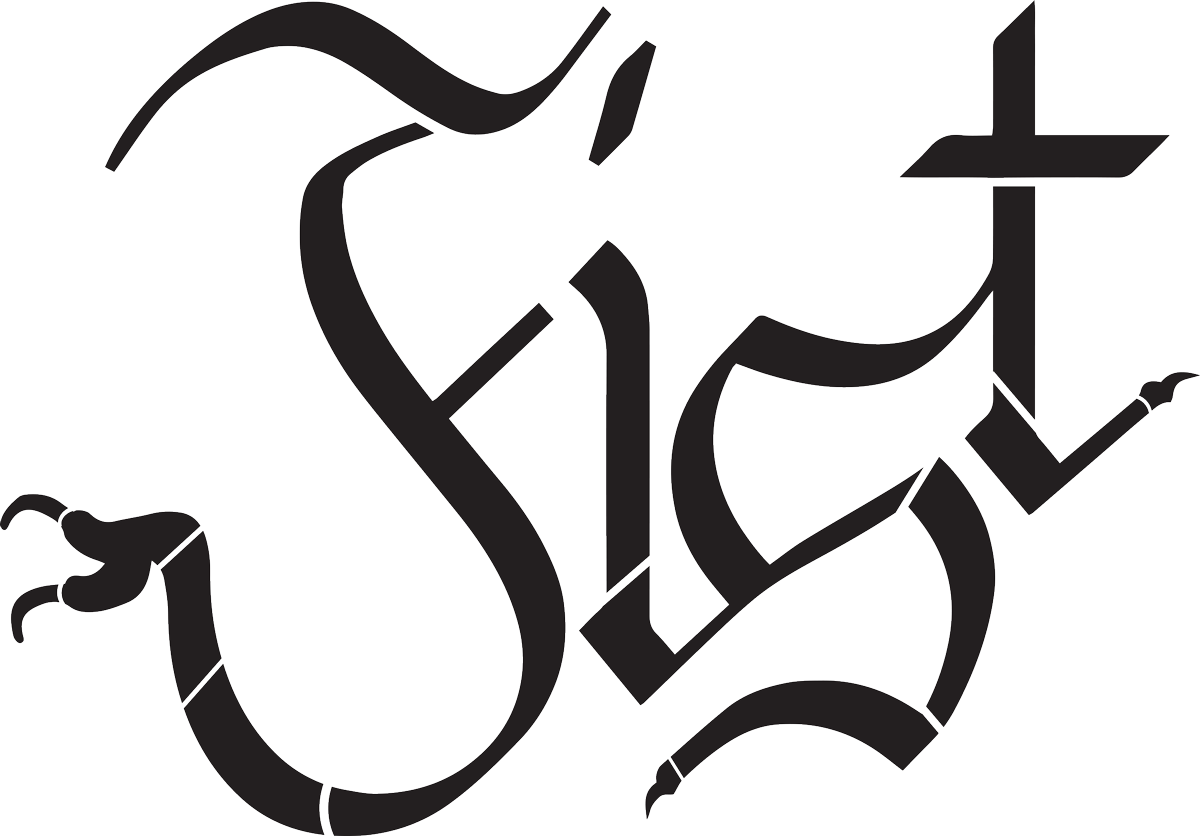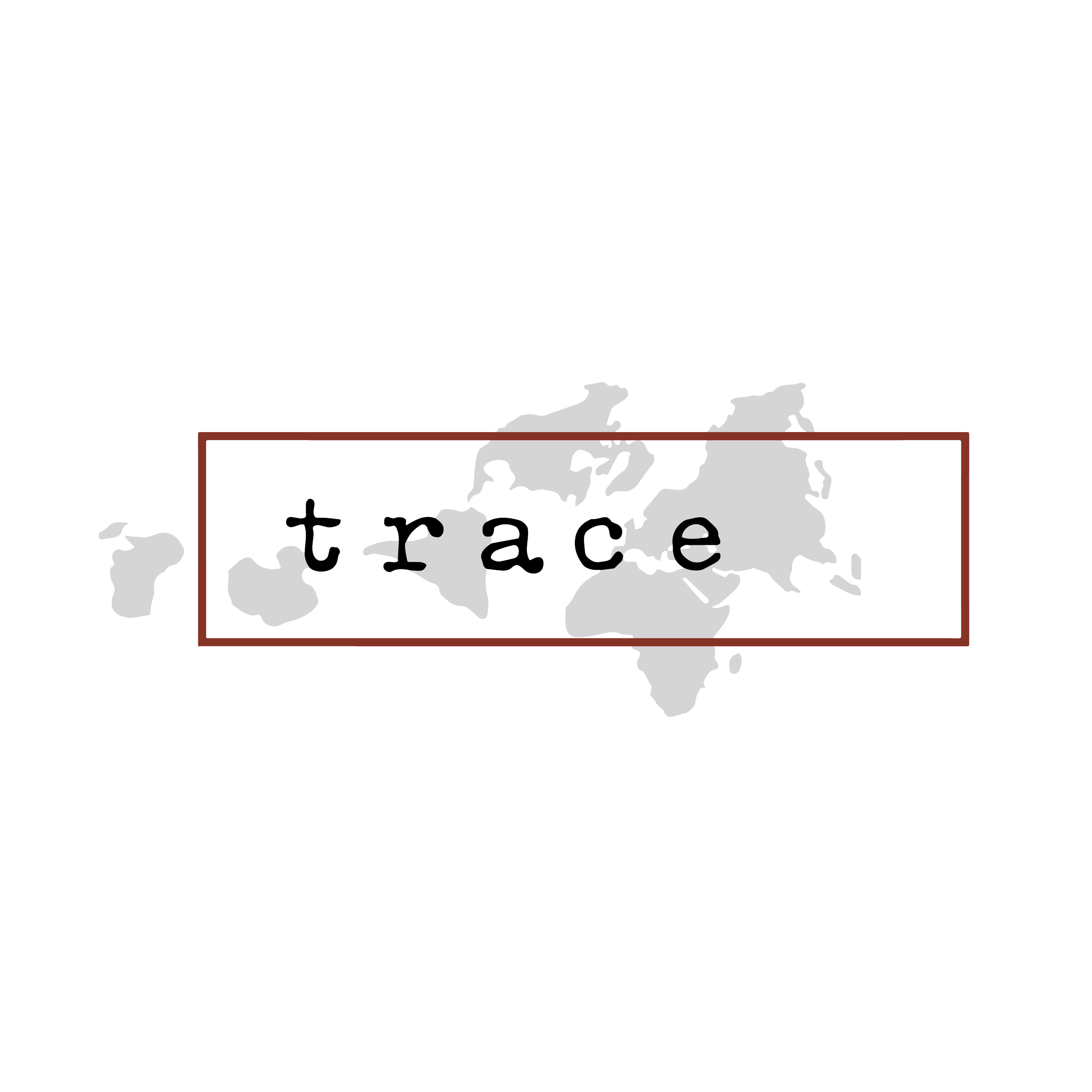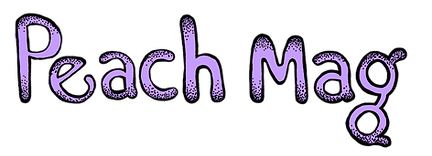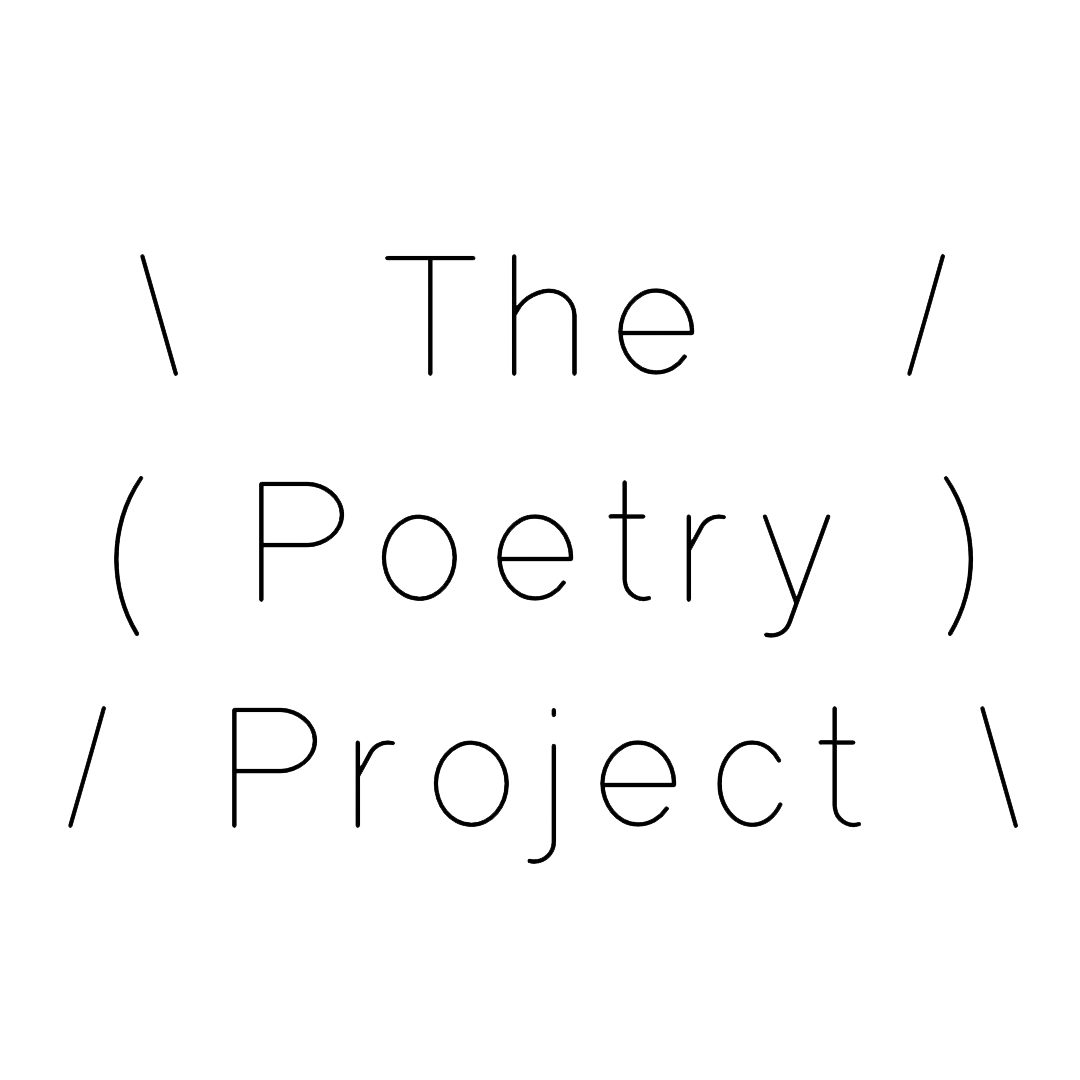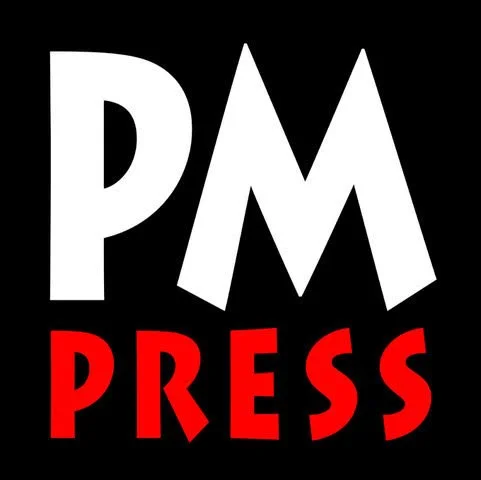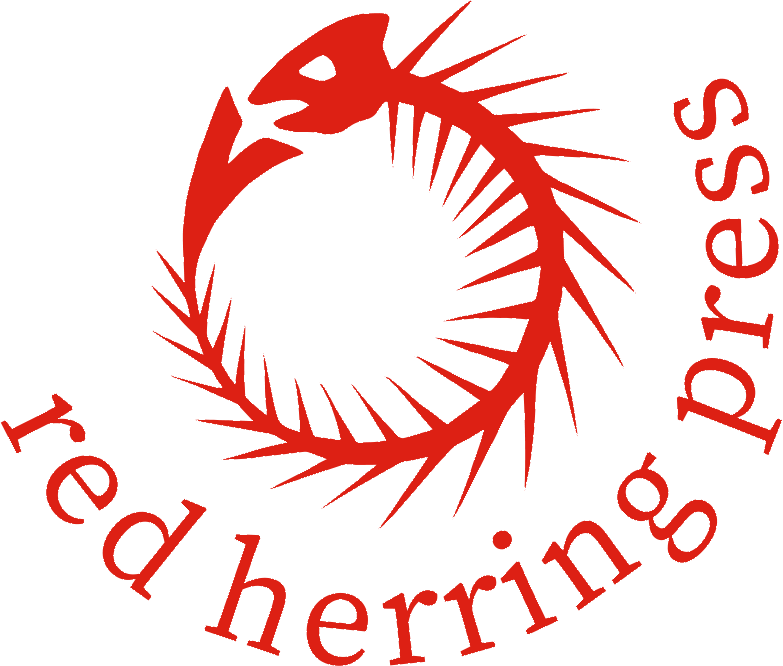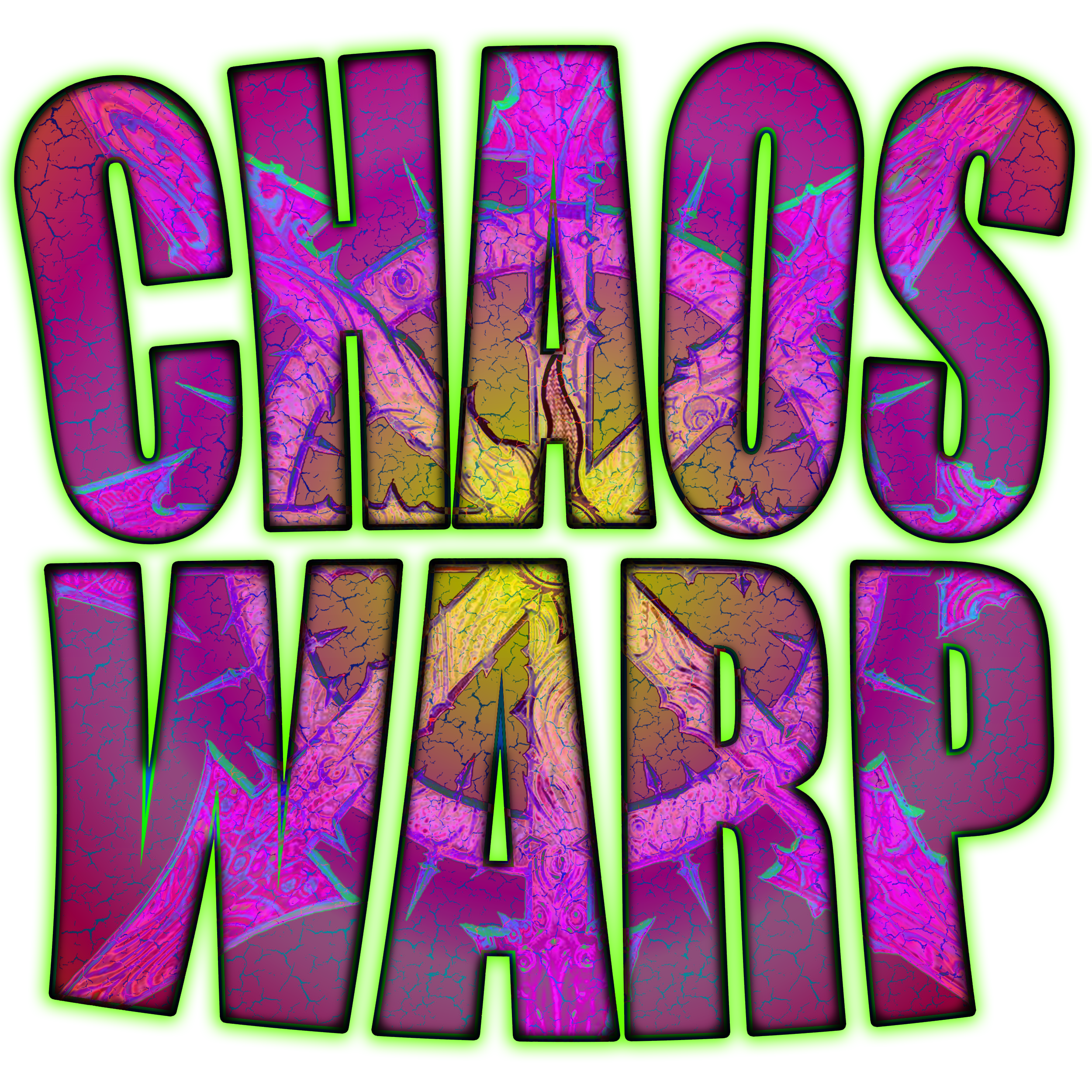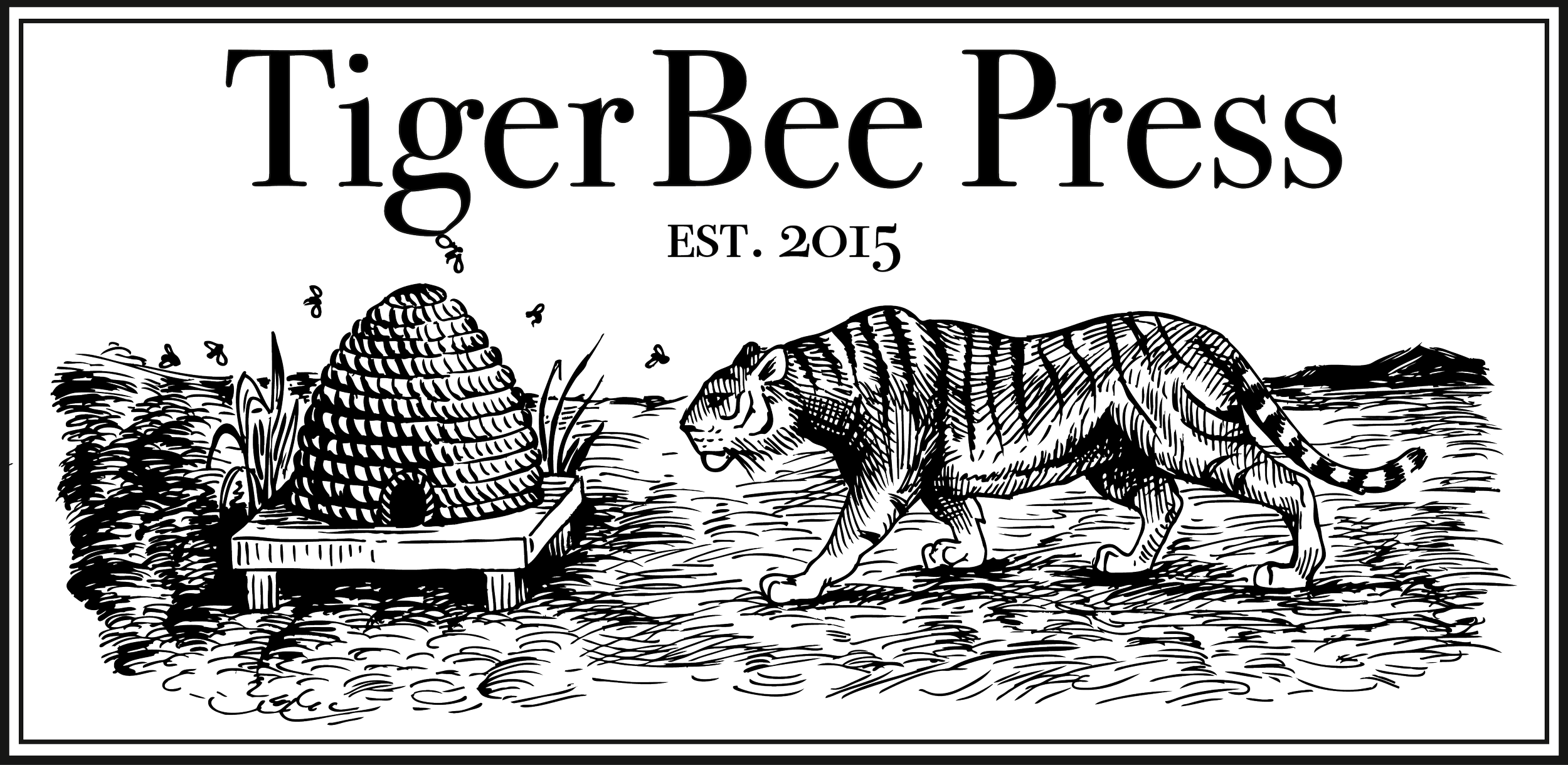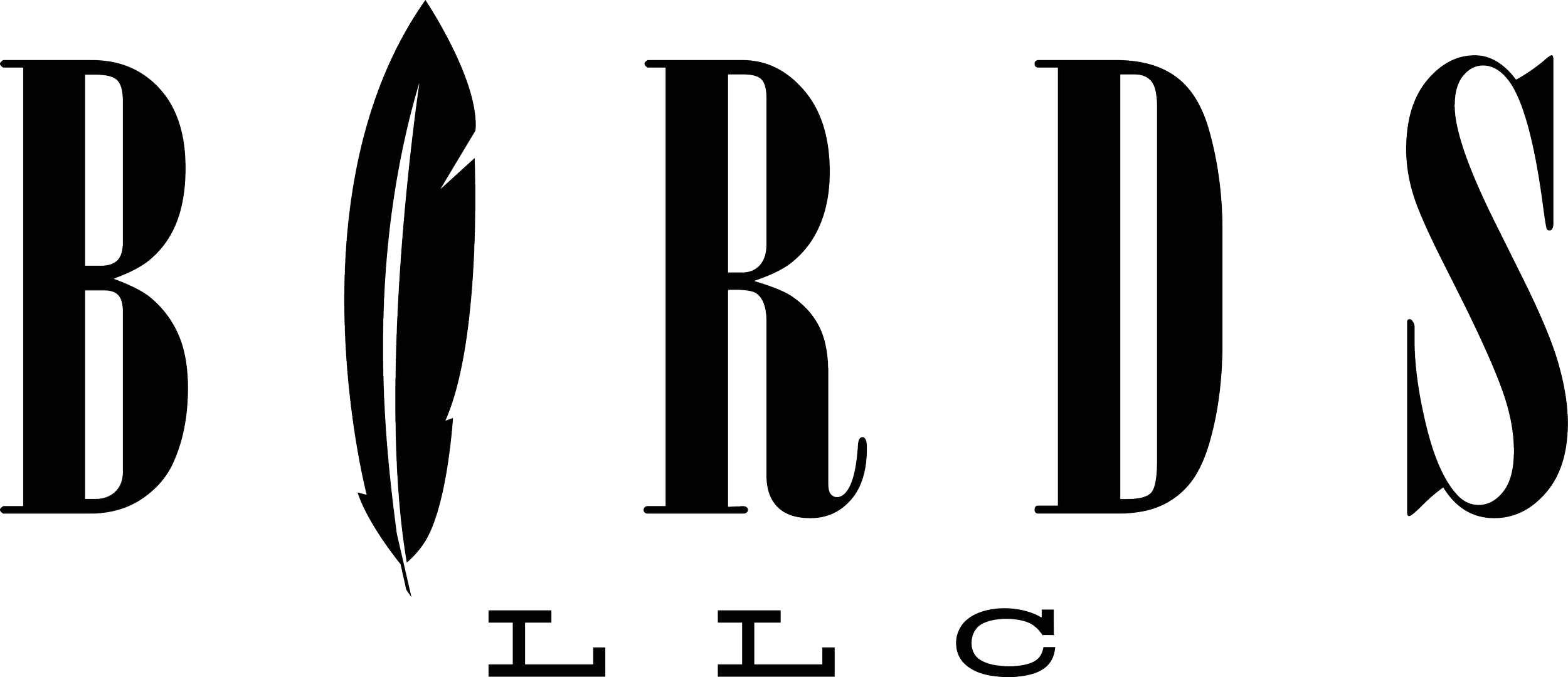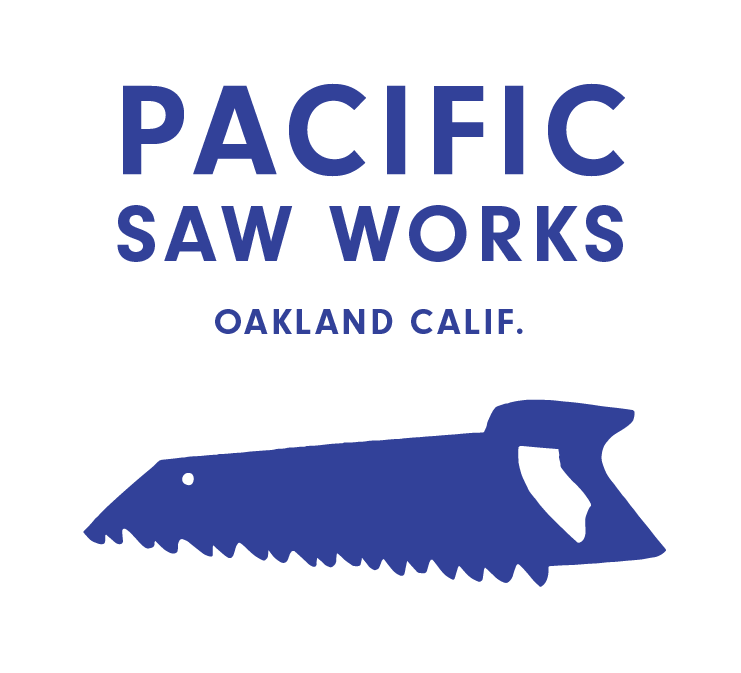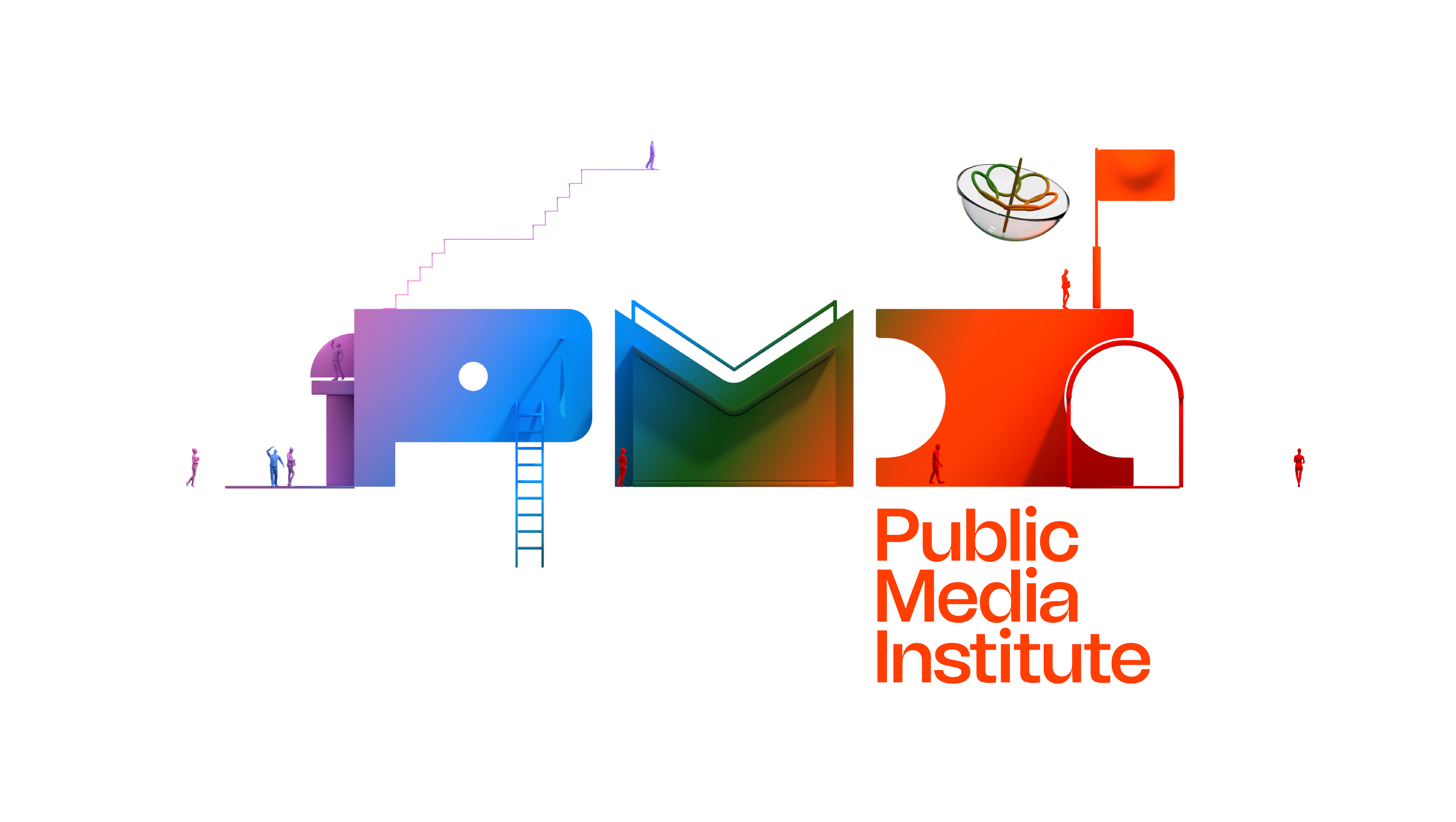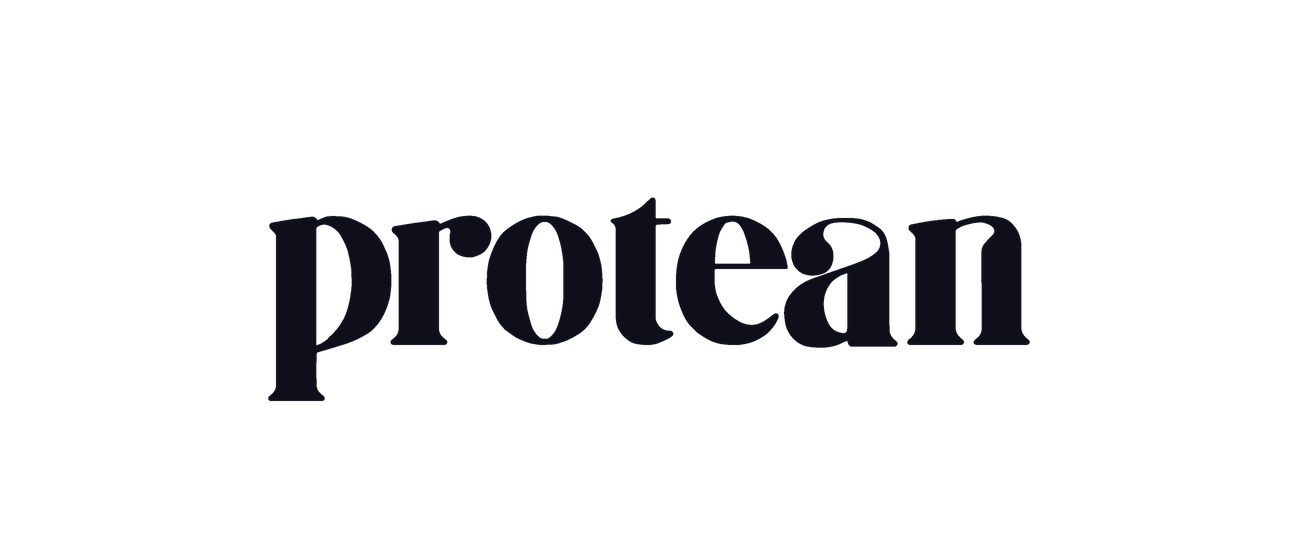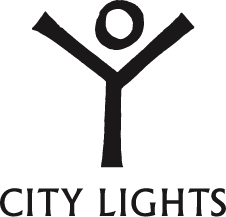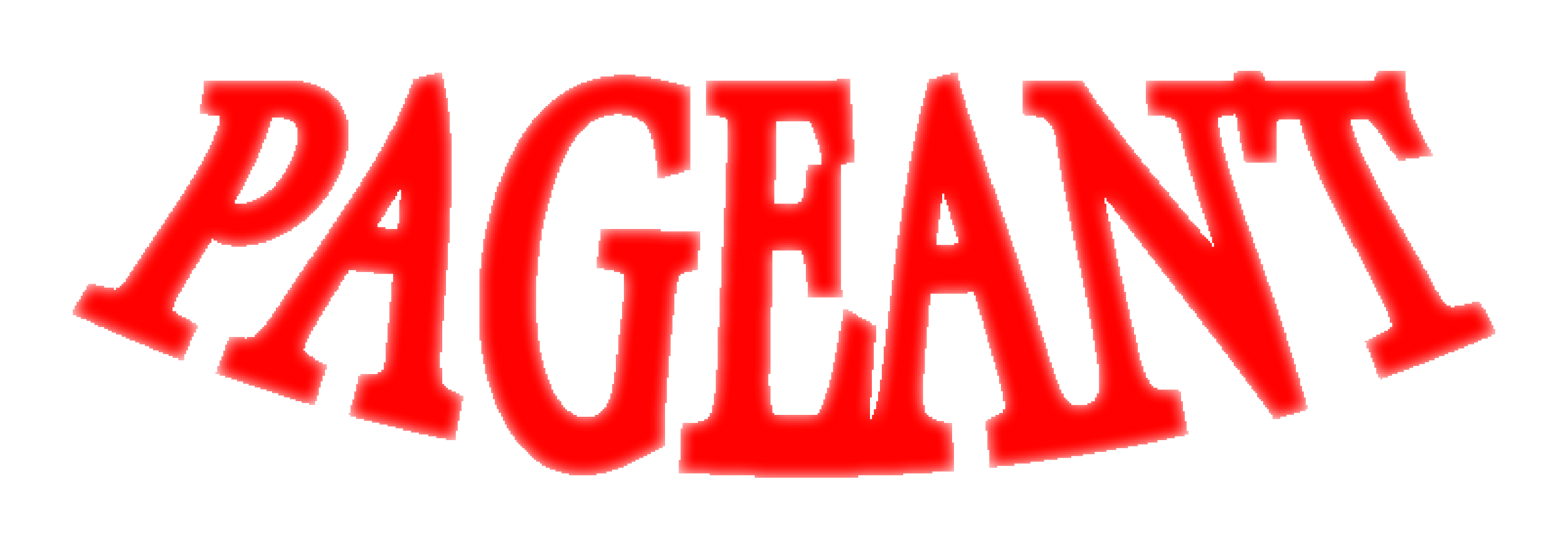Learn About PACBI
What is PACBI?
WAWOG has helped to secure over 300 PACBI commitments in the U.S. and almost 100 PACBI commitments in Canada since the organization's founding in 2023.
PACBI, or The Palestinian Campaign for the Academic and Cultural Boycott of Israel, advocates for a boycott of Israeli academic and cultural institutions for their deep and persistent complicity in Israel’s denial of Palestinian rights as stipulated by international law. Initiated in 2004 and inspired by the cultural boycott campaign against apartheid South Africa, PACBI aims to draw a line between culture workers and the actions of governments funding and endorsing the ethnic cleansing of Palestinians by Israel. Cultural institutions and their communities are part and parcel of the ideological and institutional scaffolding of Israel’s regime of occupation, settler-colonialism, and apartheid against the Palestinian people. Israeli cultural institutions (including performing art companies, music groups, film organizations, writers’ unions and festivals) have cast their lot with the hegemonic Zionist establishment in Israel. Notwithstanding the efforts of principled individual artists, writers, and filmmakers, these institutions are clearly implicated in supporting, justifying and whitewashing Israel’s occupation and systematic denial of Palestinian rights.PACBI is institutional and does not target individuals as such. Committed to freedom of expression as stipulated in the United Nations International Covenant on Civil and Political Rights (ICCPR), PACBI rejects, on principle, boycotts of individuals based on their opinion or identity (such as citizenship, race, gender, or religion). For further information about PACBI guidelines, policy documents, and a list of pledges by artists supporting the cultural boycott of Israel, click here. If you are an artist, arts worker, board member, writer, or other contributor to cultural publications and venues interested in PACBI, connecting with participants around PACBI adoption at a specific institution, or would like information about PACBI learning events, please write to boycott [at] wawog [dot] com.
FAQs About PACBI
-
Israeli cultural institutions
All Israeli cultural institutions funded by the state, including governmental bodies, NGOs, lobbyist groups, advocacy groups, and traditional arts, literary, music, or cultural organizations—including and not limited to bands, orchestras, dance troupes, theater companies, film production companies, film festivals, museums, etc.—foundations, and academies are subject to a PACBI boycott.
Cultural products commissioned by an official Israeli body or a non-Israeli body that promotes Israel
All non-Israeli (i.e. international) cultural products that are funded by official Israeli bodies or organizations (e.g. the Out in Israel festival in San Francisco) are subject to boycott. This includes propaganda campaigns/PR firms such as Brand Israel, and other government-run programs meant to improve the image of Israel by framing it as a cosmopolitan, progressive, Westernized, democratic society, specifically to smear the policies of its neighboring countries as homophobic and repressive.
Events and activities sponsored by an official Israeli body or a complicit institution
Any cultural activity or event carried out under the sponsorship of or in cooperation with an official Israeli body, an Israeli lobby group, or non-Israeli institutions that serve Israel’s branding/propaganda purposes are subject to PACBI boycott.
Normalization Projects
Any activity intended to suggest that Israel is a state like any other, that it is justified in its violence toward the Palestinian people, or that Palestinians, the oppressed, and Israel, the oppressor, are both equally responsible for “the conflict” are subject to a PACBI boycott.
-
Inspired by the boycotts that led to the end of apartheid in South Africa, PACBI acknowledges the critical role of culture in enabling or resisting systems and structures of oppression. We all have a role to play in liberation and establishing justice in all its forms.
-
A commitment to PACBI is effectively a direct action against the ideological and institutional scaffolding of Israel's regime of occupation, settler-colonialism, and apartheid against the Palestinian people. As individual artists, writers, culture workers, and academics, organizing on behalf of PACBI means working iteratively and incrementally to cultivate international pressure on Israel. The aims and guidelines of BDS should be “the floor, not the ceiling” of our efforts to support Palestinian self-determination and freedom from violence.
-
PACBI does not target individuals unless they represent the State of Israel or a complicit Israeli institution, or help Israel to “rebrand” itself. Individuals are never targeted by the cultural boycott on the basis of their identity (citizenship, race, gender, or religion) or opinion.
-
PACBI is not a blanket rejection of Israeli culture workers and academics: BDS invites “conscientious Israelis to support this Call, for the sake of justice and genuine peace.” The stronger our international movement grows, the more we see Israelis themselves rejecting their state’s violence and endorsing the boycott.
-
Representation and programming are important but not enough. The PACBI call is a collectively led, material campaign and a prerequisite to meaningful solidarity, and a request made by Palestinian society, including the absolute majority of its artists and cultural organizations, to end complicity in Israel’s system of oppression.
-
No. The boycott targets institutions, not individuals, unless they represent or are cultural ambassadors of the Israeli state or a complicit institution.
-
The PACBI guidelines exclude boycotts of Israeli cultural institutions who have met the following two conditions:
1) publicly recognized the inalienable rights of the Palestinian people as enshrined in international law (including the three basic rights in the 2005 BDS Call).
2) complied with international law in their policies and practices to end the violation of Palestinian rights.
-
The cultural boycott is a material demand coming from Palestinians. No matter how small, every group or project signing on to PACBI is taking a public stand against the spread of Israeli propaganda.
-
No. PACBI does not cover secondary boycotts. Therefore, if your institution wants to continue partnering with an entity that is sponsored by a boycottable entity (say, Puma or Siemens bank), they would still be PACBI compliant. The BNC and PACBI encourage institutions to be an advocate for BDS. This means that if the institution has a partnership with a non-boycottable entity, they use the opportunity to initiate a dialog, encouraging that they terminate boycottable contracts with the shared goal working toward an partnership that works against the machinations of apartheid regimes.
-
Any projects based in or receiving funding from Israeli academic institutions are subject to the boycott. The same goes for Israeli cultural institutions funded by the state, including governmental bodies, NGOs, lobbyist groups, and advocacy groups. This includes propaganda campaigns/PR firms such as Brand Israel, and any Israeli or non-Israeli (i.e. international) cultural products funded by the state or other official Israeli bodies or organizations (e.g. the Out in Israel festival in San Francisco).
There is no “right” procedure, but as a baseline, organizations should be in conversation with their collaborators about their revenue sources. One way an organization can avoid partnering with any Israeli state body is to add language about their PACBI commitment to any partnership contract or artist engagement so as to make their commitments clear.
Although it doesn’t include information about their funding, Index Palestine is a useful crowd-sourced resource on non-Israeli organizations’ public stance toward the Palestinian Liberation Movement.
-
The boycott ends when Israel’s regime of settler-colonial apartheid is dismantled and Palestinians can enjoy their inherent and internationally recognized rights, including freedom, justice, equality and the inalienable right of Palestinian refugees to return home to their ancestral lands from which they have been ethnically cleansed for decades.
Recent Articles on PACBI & Cultural Boycott
“Cultural Boycott and Ending Complicity in Genocide,” Forge
“PACBI Now,” The New Inquiry
“The Responsibility of Culture Workers to Help Stop the War on Gaza,” The Nation
“The Cultural Boycott: Israel vs. South Africa,” Hyperallergic
Institutions Endorsing the PACBI Call
Presses and Publishers
Radix Media Press and Printshop
Art Galleries, Performance Venues, and Public Programs
Bijlmer Parktheater, Amsterdam
Center for Experimental Lectures, NYC
Centre d'art et de diffusion CLARK, Montréal
Enable Arts Society, Vancouver
The Khyber Centre for the Arts, Halifax
Mayworks Festival of Working People and the Arts, Toronto
Media City Film Festival, Windsor/Detroit
Melrose Botanical Garden, Los Angeles
MT Space Theater, Kitchener-Waterloo
New Harlem Productions, Hamilton
Now Instant Image Hall, Los Angeles
Poetic Research Bureau, Los Angeles
The Poetry Project at St. Marks Church, NYC
Public Media Institute, Chicago
Rotations Film Series, Los Angeles
Shakespeare on the Ruff, Toronto
South Willard Gallery, Los Angeles
Tangled Art & Disability, Toronto
Teesri Dunya Theatre, Montréal
Toronto Palestine Film Festival
Vancouver International Dance Festival
Whippersnapper Gallery, Toronto
Wildseed Centre for Art and Activism, Toronto
Your Mood Projects, San Francisco
Magazines, Journals, and Periodicals
Bookstores and Fairs
Bureau of General Services—Queer Division, NYC
East Bay Alternative Book and Zine Fest, Berkeley
Matilija Lending Library and Bookstore, El Monte, CA
North Figueroa Bookshop, Los Angeles
Pilsen Community Books, Chicago
Topos Booksellers and Press, Brooklyn
Cooperatives and Collectives
From the River to the Sea Collective
Music and Nightlife
Educational Institutions and Residencies
Brooklyn Institute for Social Research Literary and Academic Organizations
Asian American Writers’ Workshop
Media Arts Organizations
Canadian Filmmakers Distribution Centre
Independent Media Arts Alliance
National Indigenous Media Arts Coalition
Literary Agencies
Podcasts and Radio
Design Studios
Fashion Houses
Newsletters
Further lists of PACBI-Endorsing Projects
Art Workers for Palestine Scotland
Theater Workers for a Ceasefire
PACBI Banner: Michael DeForge








